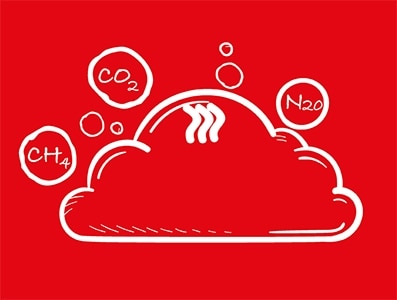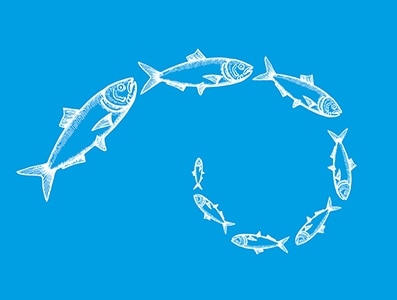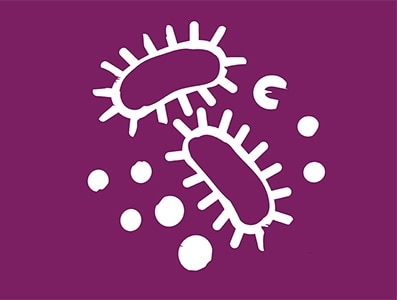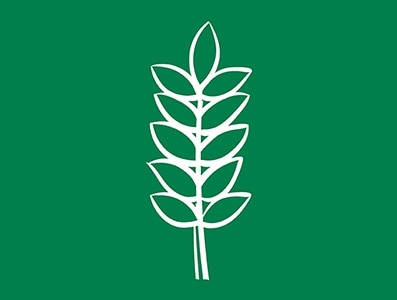
Reducing Emissions from Livestock
We’re focusing our passion and expertise on finding ways to reduce greenhouse gas emissions from livestock. We are transforming animal nutrition and health to build a sustainable future, responsibly.
Animal farming accounts for 14.5% of all human-derived greenhouse gas (GHG) emissions. This figure needs to be rapidly reduced to help limit the rise in global temperatures to 1.5ºC by 2050.
Methane naturally produced by cows is the major source of GHG emissions in agriculture, followed by the indirect and direct emissions of feed production, and methane and nitrous oxide emissions from manure.
Animal farming has to reduce the emissions it produces, cutting levels of methane and nitrous oxide and reducing ammonia emissions, which lead to eutrophication on land and subsequent biodiversity loss. We have to think in terms of a low-emissions future for animal farming.
Feed represents approximately 60% of production costs and typically contributes 80% of the footprint of animal production. Improving feed digestibility and reducing feed conversion ratio is one of the major levers of sustainable animal production.
In addition to lessening the strain on land use, this approach reduces the indirect GHG emissions associated with animal production (emissions associated with the crops grown for feed production).
Feed enzymes improve feed digestibility. By unlocking the nutrient potential of feed raw materials, we can get more out of less feed. This hugely reduces the environmental impact of animal production, especially with regard to GHG emissions and nitrogen and phosphorus levels in manure and subsequent release to the environment.
Our innovative feed additives portfolio includes novel technologies like Bovaer® that significantly reduce methane emissions from cows, and solutions that help extract more nutrition from less feed while reducing the flow of nitrogen and phosphorus to the environment – key issues with regards to land and water eutrophication and biodiversity loss.
See how We Make It Possible

We’re focusing our passion and expertise on finding ways to reduce greenhouse gas emissions from livestock. We are transforming animal nutrition and health to build a sustainable future, responsibly.

We’re focusing our passion and expertise on using micronutrition to improve the quality of meat, milk, fish and eggs, to help reduce food loss and waste.

At dsm-firmenich, we aim to improve the lifetime performance of farm animals by improving animal health and welfare at every stage of the lifecycle.

We’re focusing our passion and expertise on cultivating marine algae that naturally produce omega 3, EPA/DHA, so we can help reduce the reliance on wild fish stocks.

We’re focusing our passion and expertise on developing novel nutritional solutions which increase the resilience of animals to stress and pathogens, thereby limiting antibiotic use.

We’re focusing our passion and expertise on developing sustainable solutions that enable animals to extract more nutrient from their feed.
With the drive for more sustainable food systems and the pressing need to reduce the environmental footprint of the food we eat, the requirement for accurate environmental impact measurement coupled with practical solutions that make a tangible, positive improvement is now.
Sustell™ is an intelligent sustainability service that combines the most advanced environmental foot printing calculation tool with expert sustainability, animal production and nutritional knowledge to create tailor-made, practical solutions and business development projects that enhance the environmental sustainability and profitability of animal farming. Sustell™ unlocks the value of animal production sustainability.